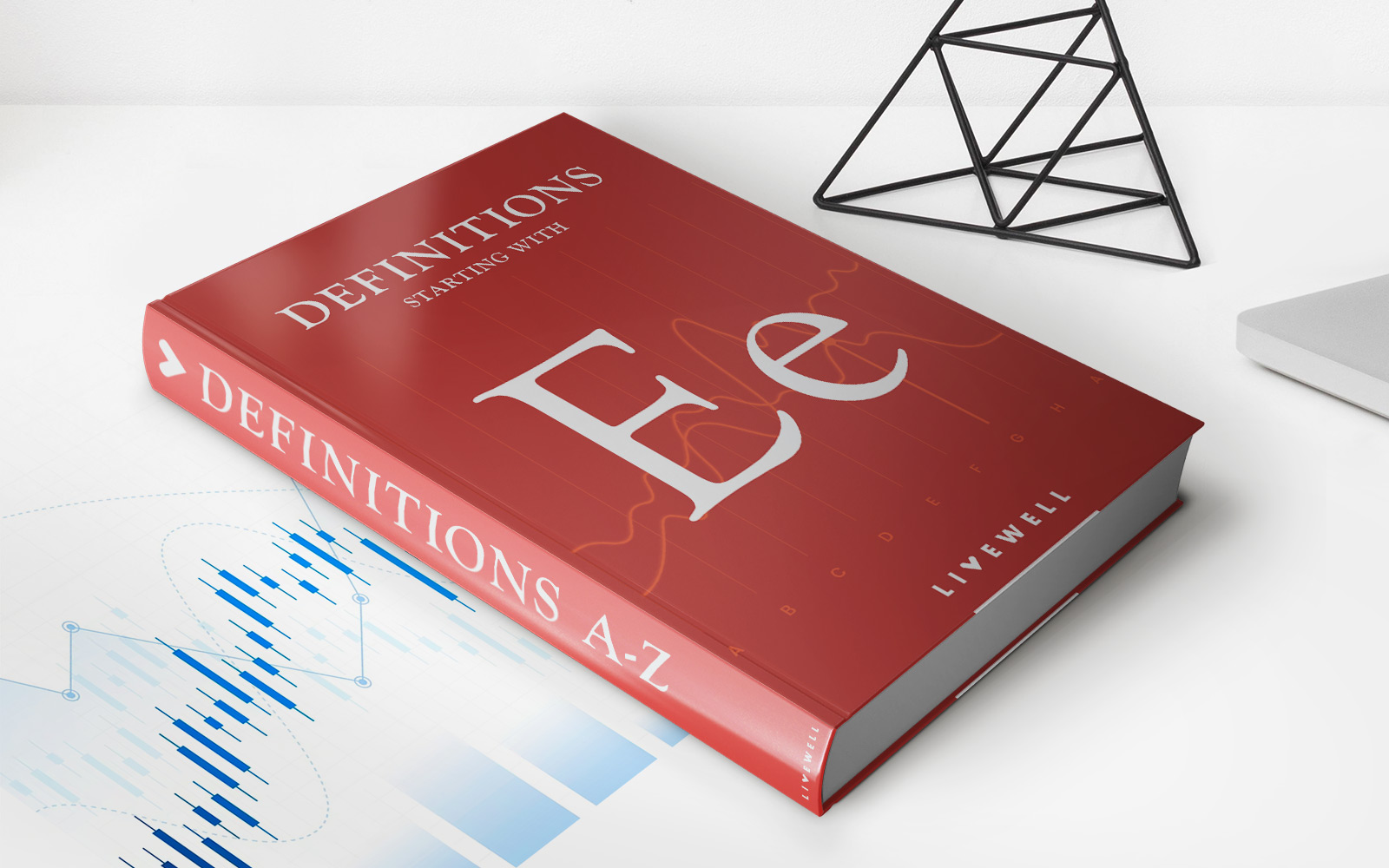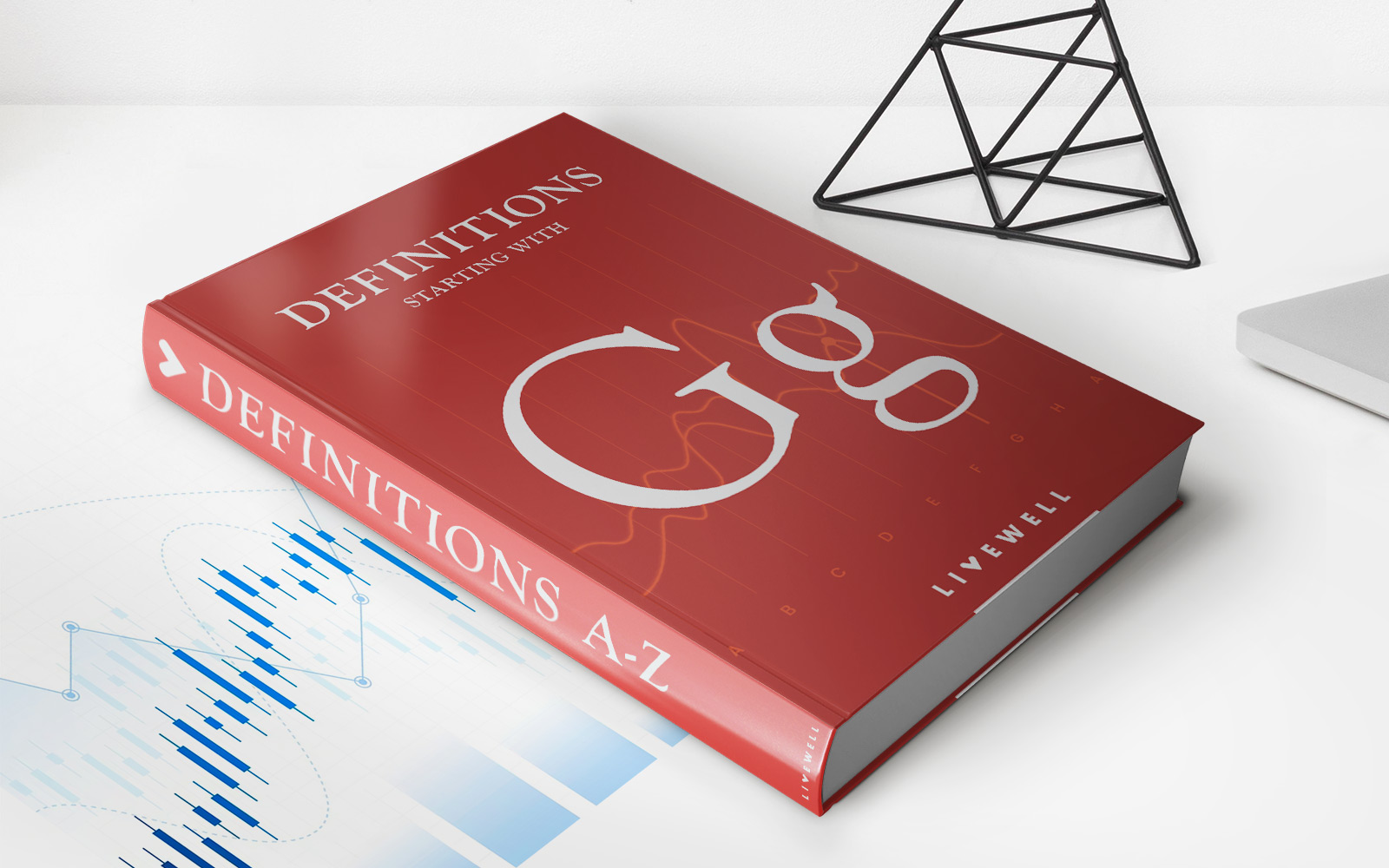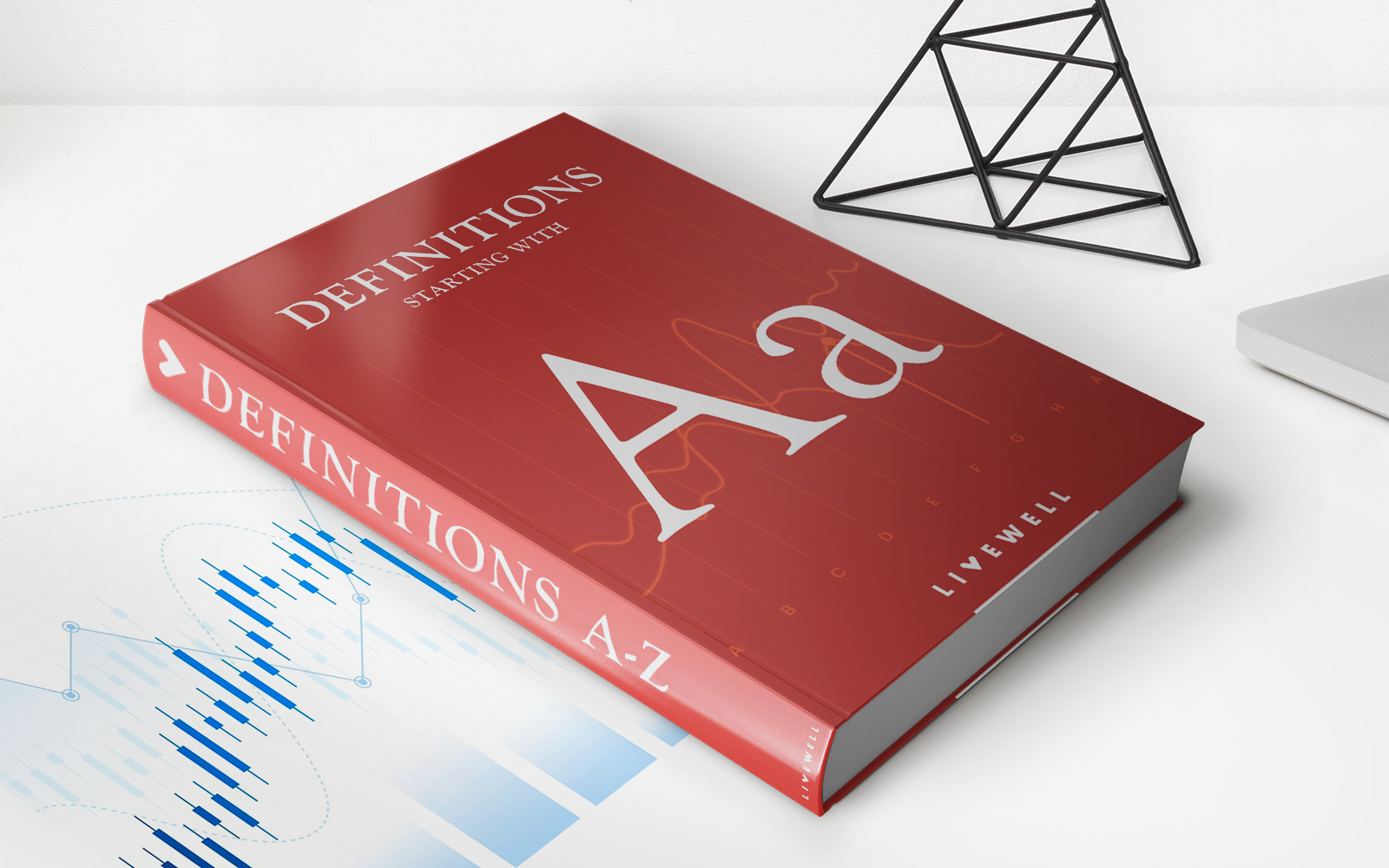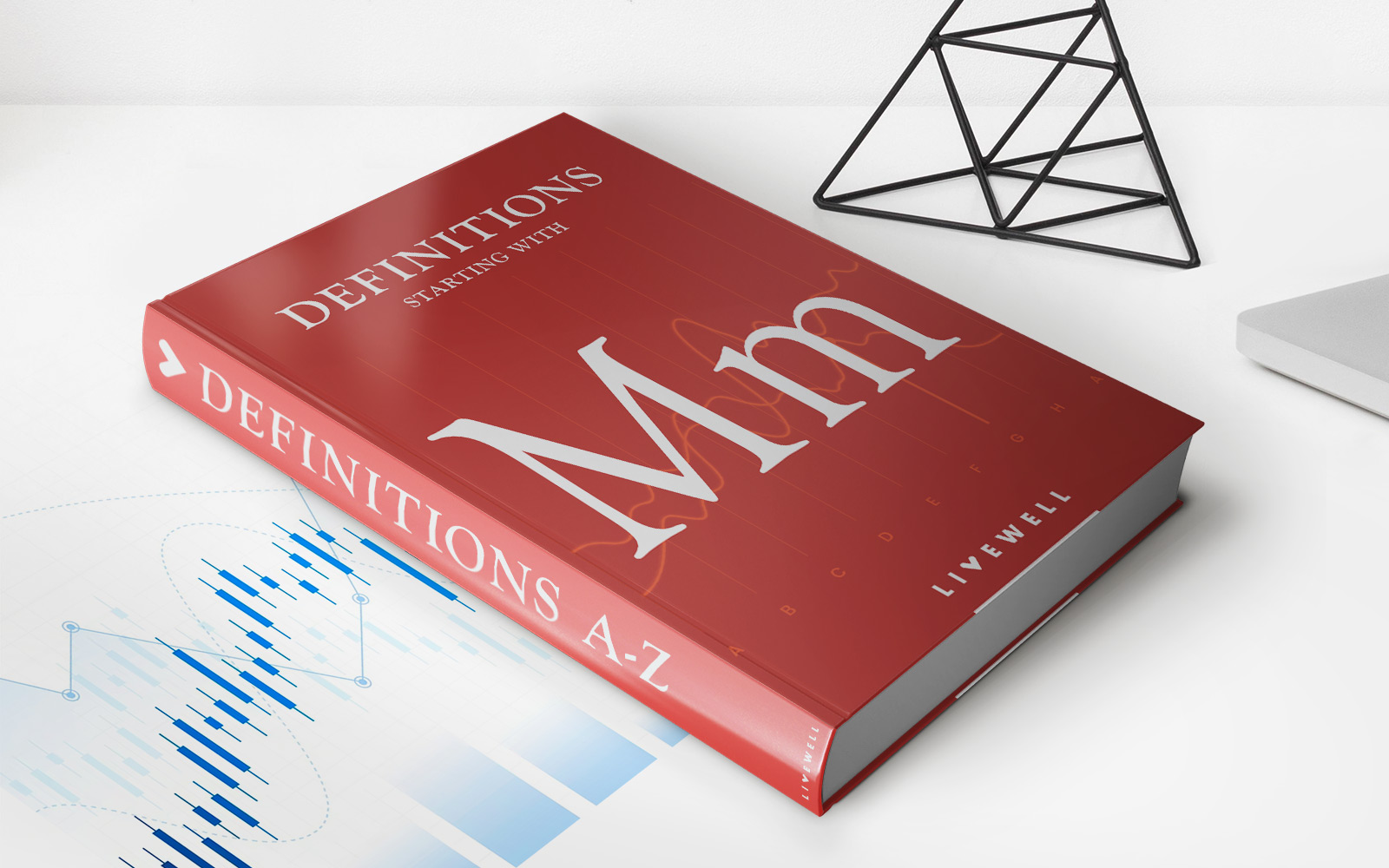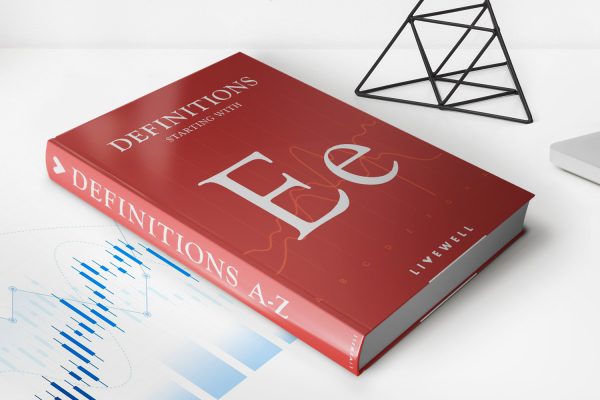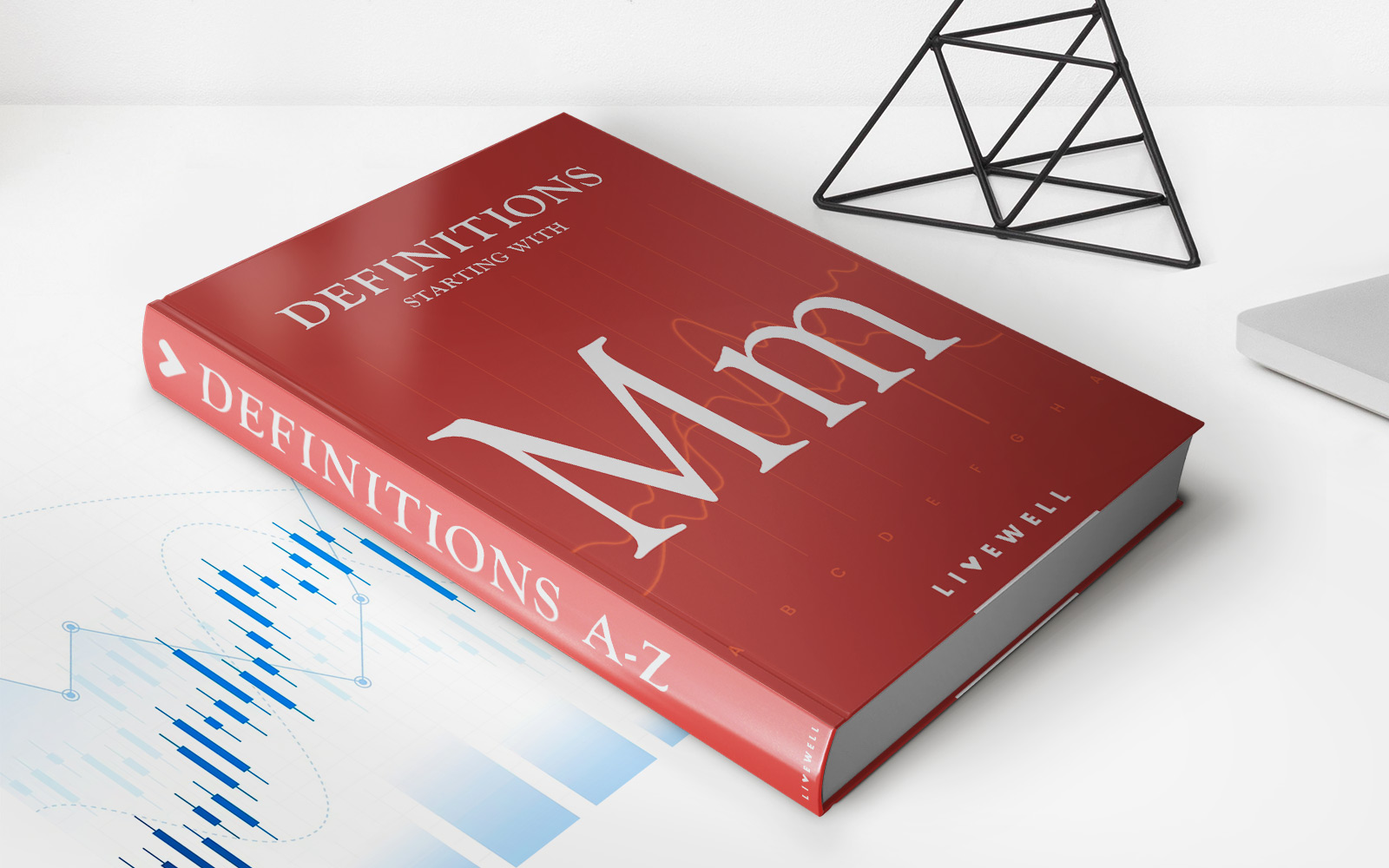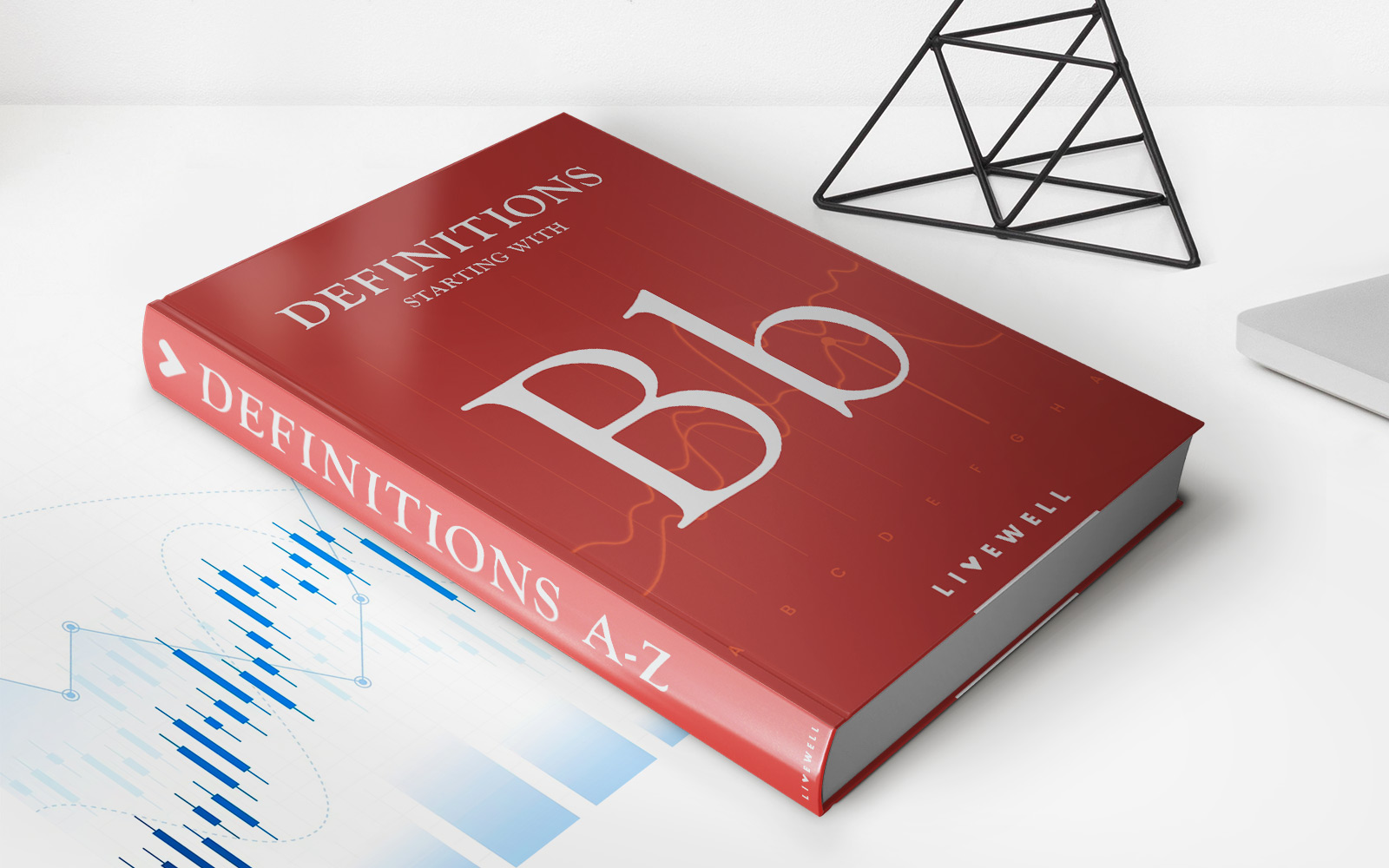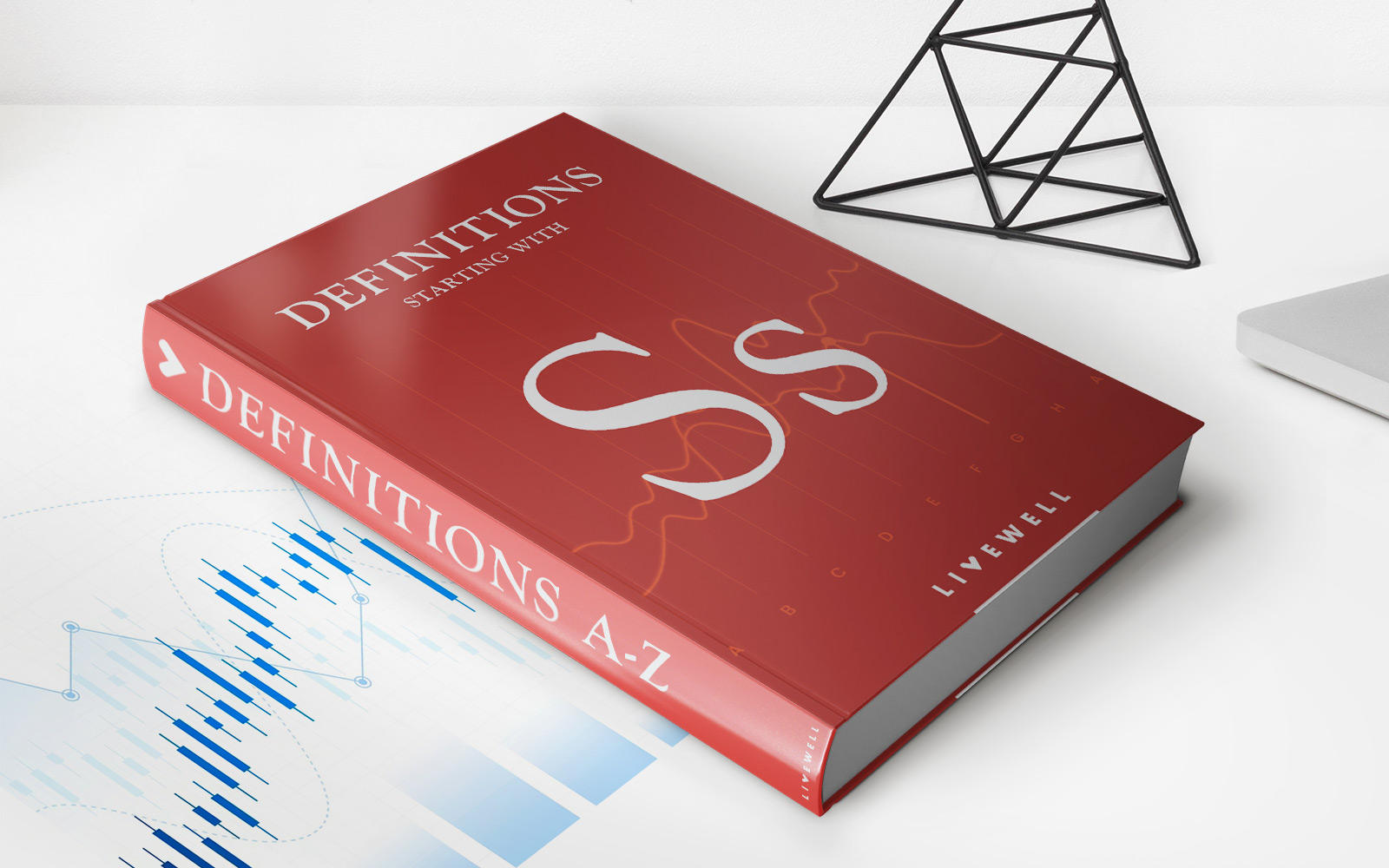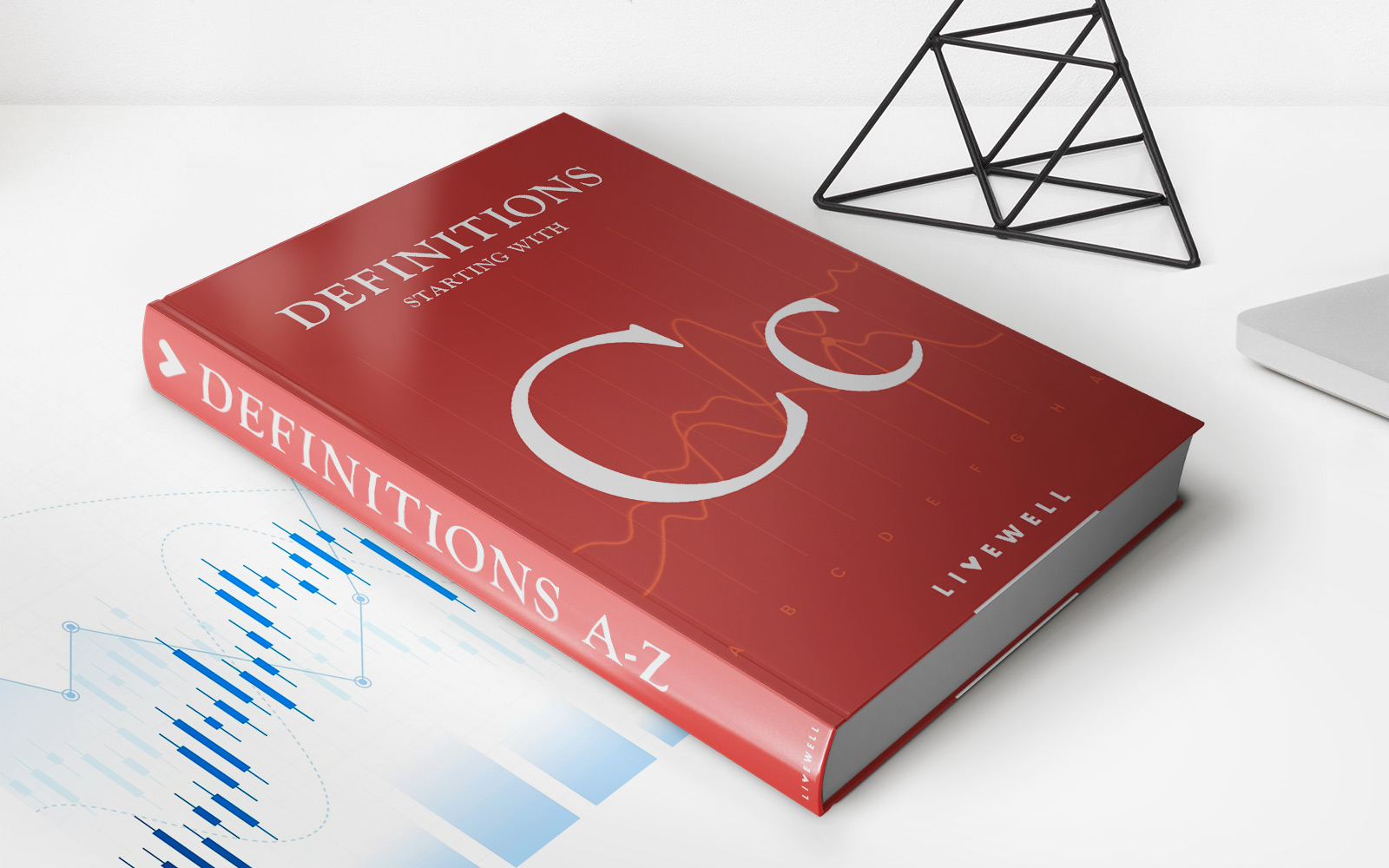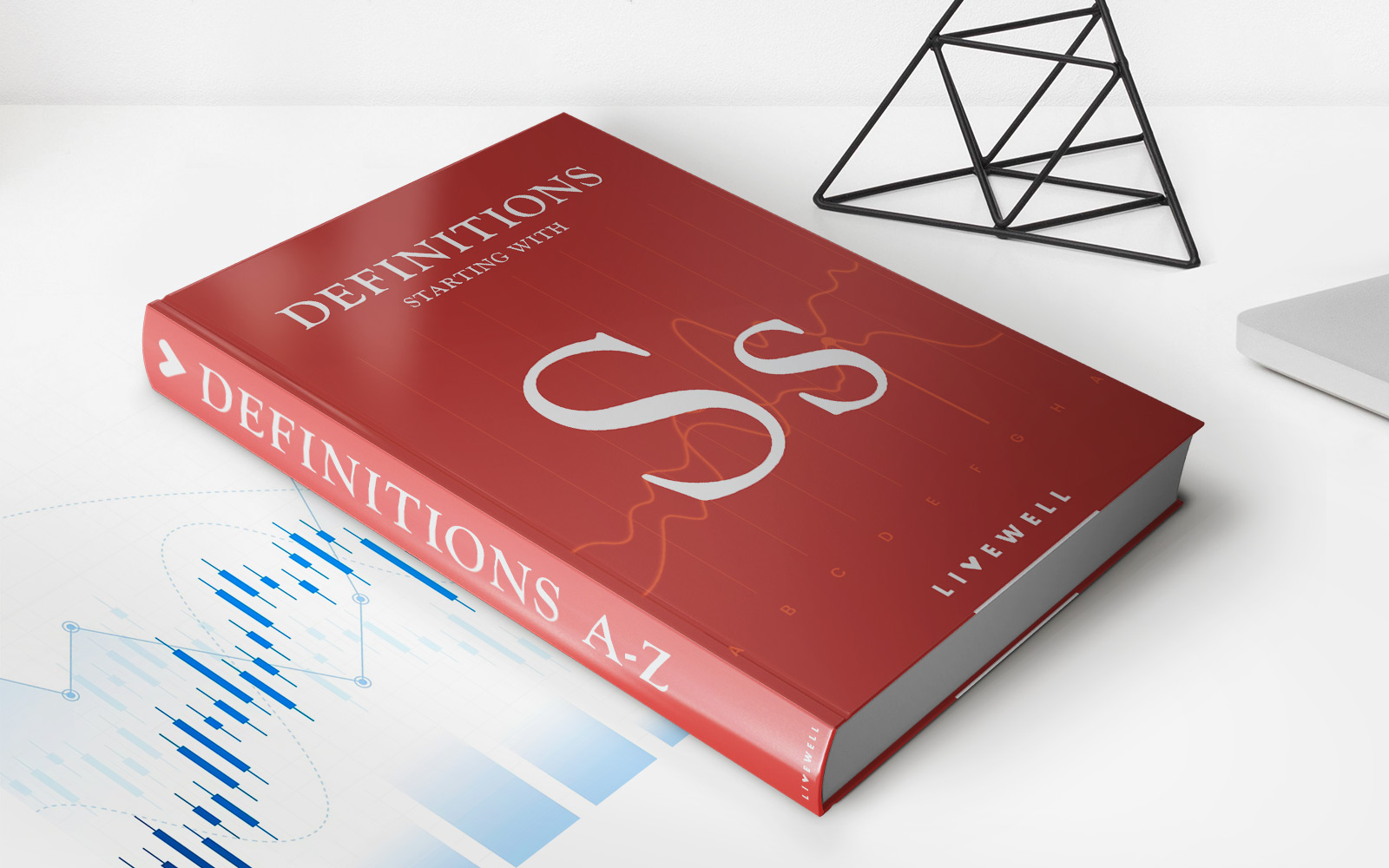Home>Finance>Modified Endowment Contract (MEC): Definition And Tax Implication
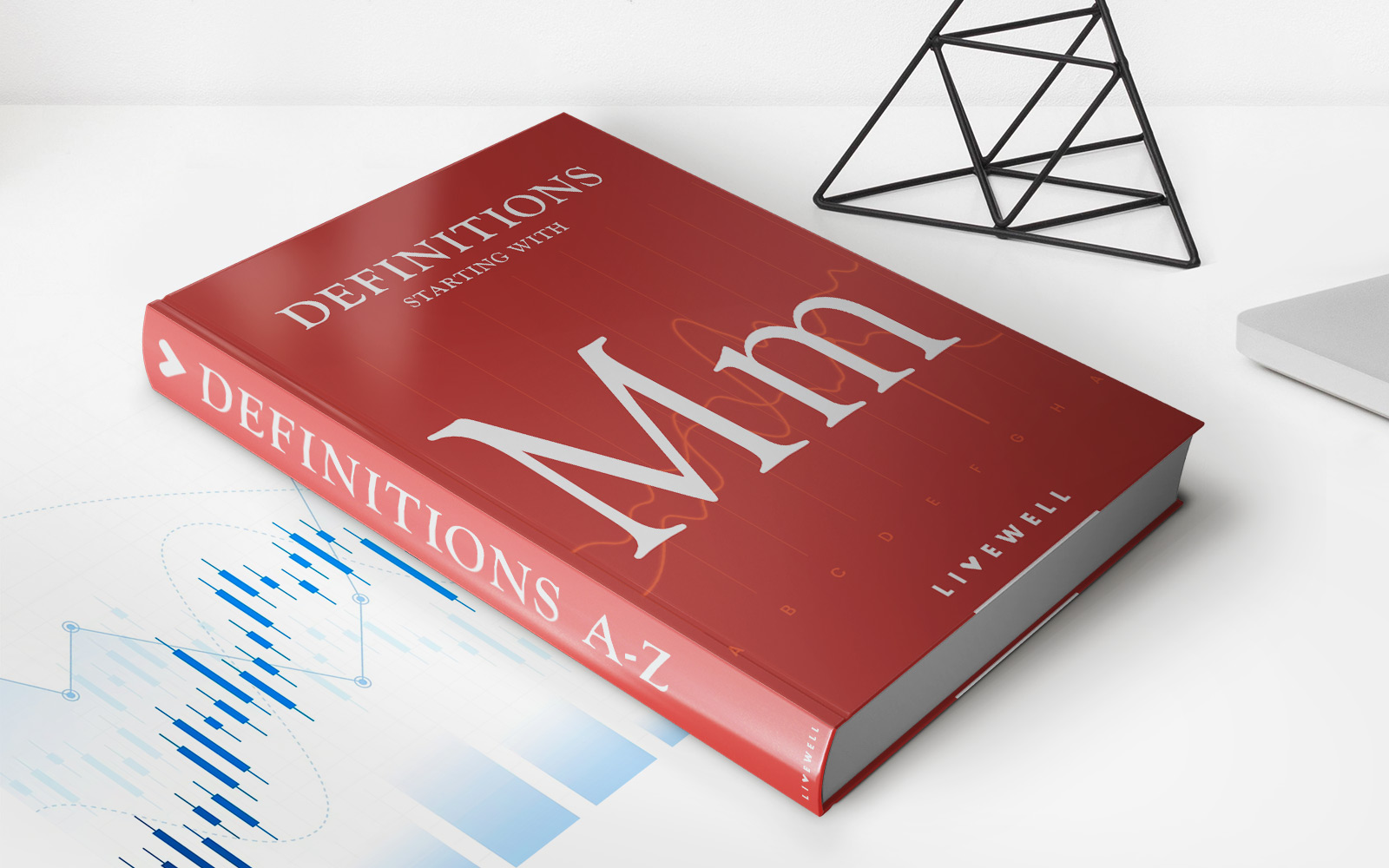

Finance
Modified Endowment Contract (MEC): Definition And Tax Implication
Published: December 26, 2023
Understand the definition and tax implication of a Modified Endowment Contract (MEC) in finance. Explore how it impacts your financial planning and potential tax liabilities.
(Many of the links in this article redirect to a specific reviewed product. Your purchase of these products through affiliate links helps to generate commission for LiveWell, at no extra cost. Learn more)
Modified Endowment Contract (MEC): Definition and Tax Implication
Are you curious about Modified Endowment Contracts (MECs)? You may have come across this term in your quest for financial knowledge. Whether you’re new to finance or an experienced investor, understanding MECs is essential. In this blog post, we will delve into what MECs are, their definition, and the tax implications associated with them. One of the most frequently asked questions is, “What is a Modified Endowment Contract?” Let’s find out.
Key Takeaways:
- A Modified Endowment Contract (MEC) is a type of life insurance policy that has undergone certain changes, making it lose its tax-advantaged status.
- MECs are subject to different tax rules, such as a 10% penalty tax on withdrawals made before age 59 ½.
A Modified Endowment Contract, or MEC for short, is a specific type of life insurance policy that has undergone certain alterations, causing it to lose its tax-advantaged status. The Internal Revenue Service (IRS) has established certain conditions to differentiate between regular life insurance policies and MECs.
Now, you might be wondering, what makes a life insurance policy a MEC? Well, the primary determining factor is the ratio between the premium paid and the death benefit offered by the policy. If a policy crosses a specific threshold known as the “7-pay test,” it is deemed a MEC. The 7-pay test measures whether the policy’s cumulative premiums paid within the first seven years exceed what is required to satisfy the death benefit.
So, what happens when a policy becomes a Modified Endowment Contract? The tax treatment of MECs significantly differs from regular life insurance policies. First and foremost, any distributions or withdrawals from a MEC are subject to the so-called last-in, first-out (LIFO) accounting method. This means that any growth or gain within the policy is considered taxable income and is withdrawn before the principal or premium paid. As a result, withdrawals from a MEC are subject to ordinary income tax rates.
Another key tax implication of MECs is the 10% penalty tax on withdrawals made before age 59 ½. This is compared to the more favorable tax treatment of regular life insurance policies, where the death benefit received is generally tax-free.
It is important to note that MECs are generally purchased for their death benefit rather than as a tax-efficient investment vehicle. Therefore, if your primary goal is to maximize the potential tax advantages and benefits of life insurance, you may want to avoid triggering the MEC status.
In conclusion, Modified Endowment Contracts (MECs) are life insurance policies that have crossed a specific threshold called the 7-pay test. Once classified as a MEC, the tax treatment changes significantly, with withdrawals being subject to ordinary income tax rates and potential penalties. It is essential to understand the distinction between MECs and traditional life insurance policies to make informed financial decisions.
